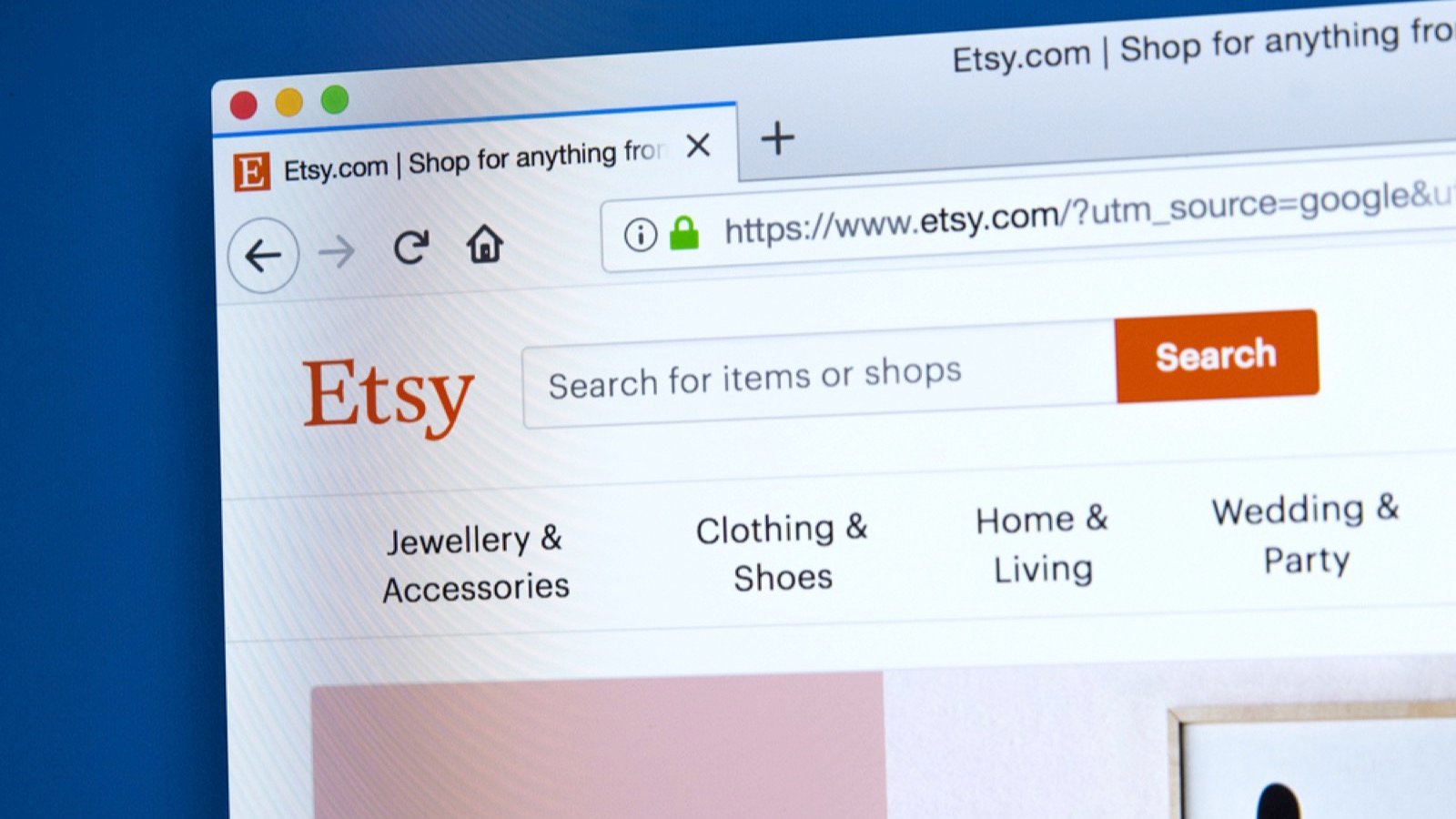17 Proven Tips to Make Money From Your Old Stuff

We all have those things lying around the house that we no longer use—whether it’s last season’s wardrobe, outdated tech gadgets, or forgotten treasures in the attic. Surveys have shown that average households typically have almost $4,000 worth of clutter.
That’s enough money to significantly reduce your credit card debt, start an emergency fund, or plan a much-needed family vacation. From online marketplaces to creative upcycling ideas, you can make money from items you thought were taking up space. The truth is, people will buy almost anything you have. The trick is to be able to sell it to them.
From selling online to having a yard sale, we have compiled a list of 17 proven tips on how to make money from your old stuff.
1. Selling Online

Once you know which items you intend to sell, it’s time to find a platform. Selling online is popular because you can reach a global audience. Anyone with access to the site can buy your items, and if you’re prepared to ship overseas, it’s an ideal option.
Remember to charge the correct postage and pack your items securely to reduce the risk of damage. Any unnecessary refunds reduce the extra cash intended for your savings pot.
2. Online Auctions

This is the most popular method for selling stuff. The process is easy once you learn how to list an item on the world’s biggest auction website. You can opt to post worldwide, which also reaches a global marketplace, and you will often get the best possible price.
Auction sites deduct final value fees, while some also charge a flat fee to list. eBay is the first place to consider, but there are alternatives. If you’re decluttering, this is the first option to consider, but there are other ways to raise funds.
3. Straight Sales

Online sales websites can offer a quicker solution if you don’t have time to wait to sell to the highest bidder. Many are available where sellers name their prices and wait for the sales to land. The host website claims a commission and possibly a listing fee.
If you prefer the straight sale option over auction bidding, eBay also has a buy-it-now feature.
4. Setting up an Online Shop

An online shop works similarly to auction and sales sites. However, it requires a more significant commitment but is preferred by some professional sellers.
Sites such as Etsy offer this service. Sellers sign up, design their virtual shop front, and list their items. Fees may be lower, and an online shop is one to consider if you have a high level of clutter.
5. Neighborhood Whatsapp

Neighborhood WhatsApp groups took off during the lockdown. Everyone wanted to help, even on the basic level of telling our neighbors where they could find flour and other essentials in stock.
These groups still exist; my neighbors often list unwanted items for sale. Bulky furniture and other large products could be a perfect fit for this approach to selling.
6. Book, CD, and Tech Buying Sites

Sites that buy in bulk are quick and convenient. Recently, they’ve become more streamlined, so you only need to scan a barcode and the offer price drops. Convenience is balanced by the fact that you won’t get the best figures for your items.
If you’re mainly concerned about clearing out some space in your home, it’s an ideal solution, but if you aim to boost your savings, there are better options.
7. Set up Your Own Website

Depending on the volume of your clutter, opening a website can be a solution. This approach is fine if you have a lot of unwanted stuff and consider buying and selling as a future side hustle.
Hosting charges and purchasing a domain name are two expenses to consider. The personal website option won’t suit every seller, but it can benefit those who want to make high-volume sales.
8. Let Someone Else Do the Work

If selling your stuff online doesn’t appeal to you, others will do it on your behalf. Experienced sellers often advertise, and their knowledge and expertise usually mean a high final selling price.
Before you agree, check their online feedback. You’ll also need to establish their fees to do this on your behalf. A good alternative is to ask your friends and family to find someone with good experience in online selling who will be willing to work for you at lower costs.
9. Printed Classified Advertising

Printed media may be on the way out, but you shouldn’t completely disregard your local newspaper. Many publications run local classified advertising, and listing your items for free may be an option.
Printed classified ads should be part of the overall package when looking for blanket coverage for your sales.
10. Specialist, Real-World Auctions

I’ve dealt with sports memorabilia for over 20 years and feel that some high-value items are too good for the leading online auction sites. Other dealers agree that the solution is to send them to specialist auction houses.
There’s an auction room for every product in the real world. Whether you’re selling sports collectibles, toys, jewelry, fine art, or any other high-value item, you should consider this option, as you’ll often get a better price for your collectibles.
11. Store Windows and Local Advertising

Consider putting up posters in your local store and on community notice boards. You’re relying on passing trade, but potential buyers check these notices for possible bargains.
If you’re not in a hurry to sell or don’t want to get involved with online selling, put up some posters in your neighborhood.
12. Yard Sales

Items worth less than a dollar aren’t worth selling online. The time it takes to list them, along with packing and shipping, makes this a non-viable option.
However, a yard sale is ideal for these smaller items. People in your neighborhood can find used items you no longer need for a few cents. A yard sale is also perfect if you’re not tech-savvy or don’t have the time to sell online.
13. Become a TV Declutter Star

Daytime TV is full of programs about buying, selling, and restoration. Celebrity auctioneers are featured regularly, as they aim to clear homes of valuables and get the best possible price.
Becoming a temporary TV star won’t suit everyone, but this option could help you get high cash returns. The cameras and the occasion could influence those in the bidding room. If you’re comfortable being on TV, don’t rule this out.
14. House Clearances

The quickest way to deal with unwanted clutter is to move it on in bulk. If time is a precious commodity, allowing a house clearance agent to call and take all the surplus household items can be tempting.
It may be an option to consider, but be aware that you will get the worst possible value for your stuff. Many house clearers will even charge customers to take the goods away. If you want to boost your savings fund, avoid this method.
15. Check Everywhere

Having established where you can sell your items, consider some general tips. Clutter can appear in your loft or be hiding in plain sight. Research shows that unwanted items are in place in every room of the house, while the garden can also be home to additional clutter.
A good starting point is to inventory what you don’t need. Check each room before heading into the yard. Identify what you need and list each item available for sale.
16. The Six-Month Rule

As you make that inventory list, you will come across things that may be useful in the future. Does that wire belong to a piece of tech that you still use? Will that kitchen gadget eventually come in handy?
A good idea is to follow the six-month rule. Place any item you’re unsure about in a separate box and wait for six months. If you still haven’t used it, put it up for sale.
17. Tackling Sentiment

Dealing with sentimental items is hard; nobody should tell you you must sell them. Everyone is different, so don’t let anyone force or encourage you to part with something if you’re not ready.
If you are happy to sell an item that once belonged to a loved one, give the money to charity or pass any proceeds on to a family member. This will not boost your savings but is a way to approach this tricky and emotional situation.
10 Practical Ways to Be Frugal Without Being Cheap

You can be frugal without being cheap by understanding the difference between price and value. A cheap person cares only about getting the lowest price. Frugal people look at price as one factor that determines value.
14 Insanely Overpriced Fast Food Chains You Shouldn’t Bother With

Fast food is now a luxury. My family and I have completely limited our fast-food outings. Just ordering a basic meal can cost close to $15, and spending even more is easy. Some fast food spots, though, are more expensive than others. Being shocked by a food bill will surely leave a bad taste in anyone’s mouth. So when you plan an outing, consider the cost of where you will eat rather than just your favorite meals. At these prices, a sit-down restaurant with a more comfortable ambiance where you can better enjoy visiting with friends and family might be a more affordable choice. So, to help you have the best experience, I chose 14 ridiculously expensive fast-food chains you should be aware of. Many of the restaurants on this list come from my own experience and occasionally wrecked budget. Here are 14 insanely overpriced fast-food chains you shouldn’t bother with.

The cost of living in the United States has skyrocketed in the last four years. So, what happens when the cost of living goes up? We stop buying certain things. I can think of many items and luxuries I’ve let go of because they’ve gotten so expensive. Honestly, with the increasing prices, it’s not worth it. Maybe you’re experiencing the same dilemma. It’s hard to decide how to buy the things we need without breaking the bank. To help with those tough decisions, we curated these things based on luxuries and wants instead of needs. Some may be more difficult than others to let go. However, in the end, we think it makes sense. What about you?




